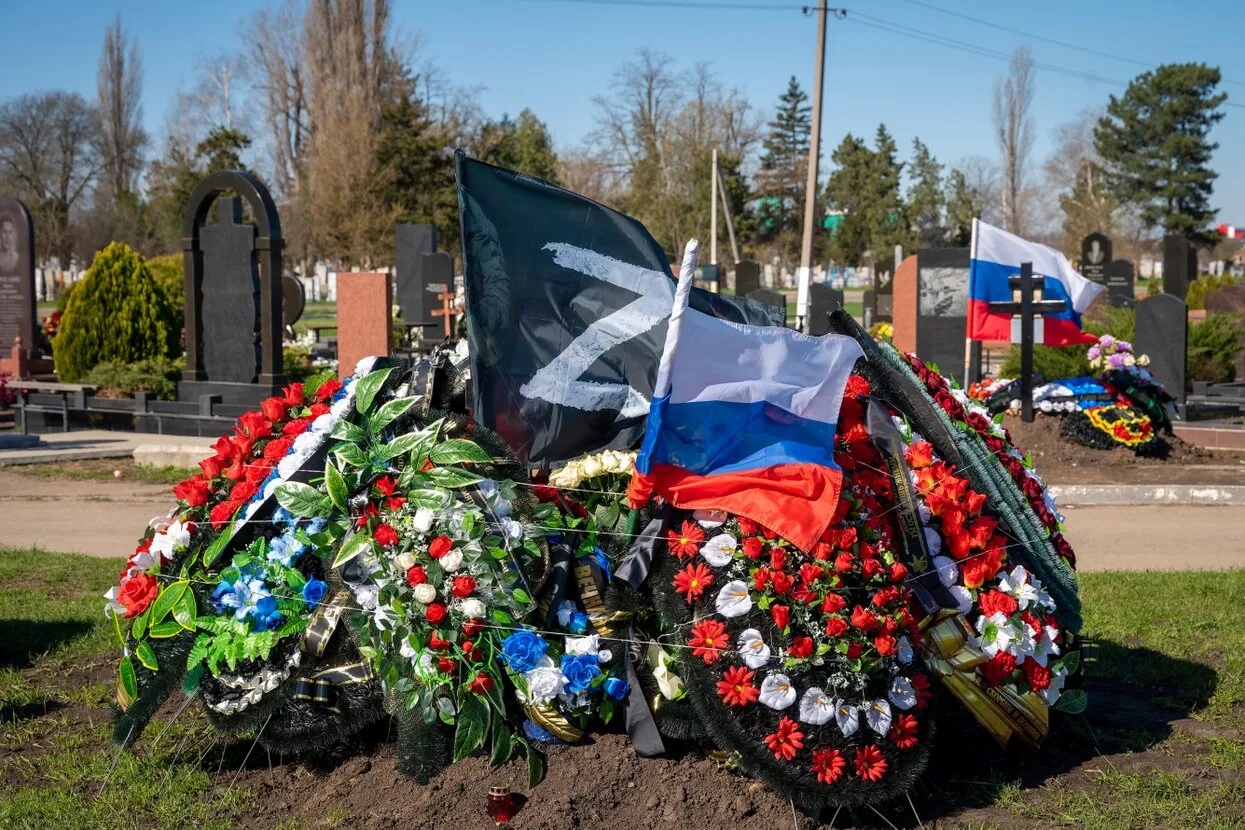
Buried alive POW lists published by Ukraine include dozens of Russian soldiers Moscow declared dead or missing
Many of the Russian soldiers whose names appeared on POW lists published by Ukraine in March 2024 had already been declared dead by the Russian military and “buried” by their families, according to new reporting from iStories. Relatives of several soldiers included on the lists told the outlet that the Russian Defense Ministry sent them sealed coffins it claimed contained the soldiers’ remains but failed to provide the results of DNA tests. Meduza shares key findings.
Sixty-four of the Russian soldiers whose names appeared on prisoner exchange lists published by the Ukrainian authorities in March 2024 had already been reported dead or missing by the Russian authorities, according to iStories. In many cases, the Russian Defense Ministry had sent sealed coffins to the soldiers’ families and told them not to open them.
One of these soldiers was Oleg Farniyev, a senior lieutenant and helicopter pilot. In the spring of 2023, Farniyev’s father said in an interview that the Defense Ministry had told him his son had been killed at the very start of the full-scale war. Several months later, the family received what they were told were Farniyev’s remains, and Farniyev was “posthumously” given a state award, the Order of Courage. Then, in February 2024, Farniyev’s name appeared on a list of POWs published by the Ukrainian government’s “I Want to Live” program, which helps Russian soldiers safely surrender.
Farniyev’s wife contacted the Defense Ministry for an explanation as soon as she saw her husband’s name on the list. According to her, the authorities forbade her from opening the coffin during Farniyev’s funeral and did not show the family the results of the body’s DNA test. In response to her inquiry, the ministry said that Farniyev “fulfilled his military duty with honor and dignity” and “has been buried with military honors.”
Another Russian soldier who was officially recorded as dead was spotted by his wife, Olga, on a video of POWs published in the fall of 2023. Olga was notified of her husband’s supposed death in May 2023. She told iStories that the military “didn’t exactly forbid” her from opening his coffin but “recommended against it.” Like Oleg Farniyev’s family, Olga wasn’t given the results of the body’s DNA test. She later learned from Wagner Group, where her husband had served as a volunteer, that he had been recorded as missing but not dead. “They told me that the soldiers who disappeared were [reported] as deceased, not missing, so that the company could fulfill its [financial] obligations to the families,” Olga told iStories.
Olga is currently trying to get the body exhumed because she’s certain that it doesn’t belong to her husband. She emphasized that her situation is “not a one-off” and that she knows of others who have experienced the same issue. In addition to the 64 soldiers whose names appeared on POW lists after they were reported dead or missing, iStories found at least six cases in which a soldier’s relatives saw him in a photo or video after burying a body they thought was his.
According to a military lawyer who spoke to the outlet, it’s impossible for the Russian Defense Ministry to fully ban a family from opening their relative’s coffin. However, if the family fails to do so before burying the coffin, it can be nearly impossible for them to get the body exhumed later — in part due to the risk of being charged with desecrating the dead or damaging military graves.